One, one's, oneself... (B1)
Na Landigo se dnes zaměříme na ONE. Používá se, když mluvíme obecně o lidech a také jako zástupné slovíčko.
One, one's, oneself – procvičování:
One does crazy things for love.
|
People do crazy things.
|
|
One does crazy things.
|

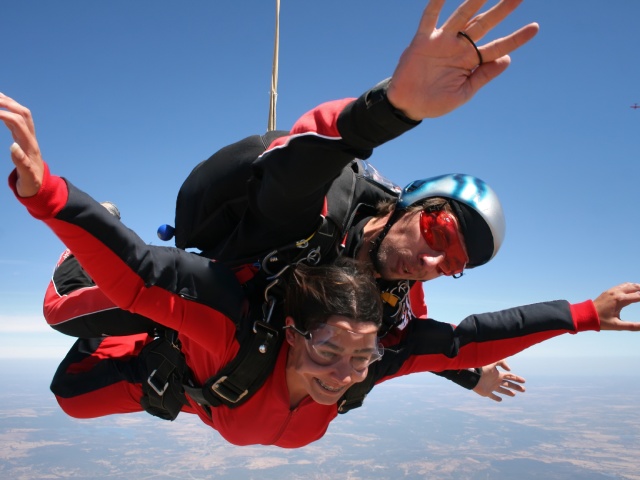
Which T-shirt did you buy in the end, the yellow one?
|
Did you buy the yellow T-shirt?
|
|
Did you buy the yellow one?
|


ONE používáme v těchto případech:
- Mluvíme obecně o lidech:
One never knows what to expect from him!
- Nechceme opakovat podstatné jméno:
Are you talking about that tall man? – Yes, that tall one.
One, one's, oneself = lidé obecně; člověk
ONE můžeme použít, pokud mluvíme o lidech obecně:
|
One does crazy things for love.
|
Člověk dělá bláznivé věci z lásky. |
|
One should not judge a book by its cover.
|
Člověk by neměl soudit knihu podle obalu. |
|
One never knows nowadays.
|
Dneska člověk nikdy neví. |
|
It's not as easy to do that as one might think.
|
Není tak jednoduché to udělat, jak si někteří myslí. |
|
One cannot be sure what lies ahead.
|
Člověk si nemůže být jistý, co bude dál. |
S tímto významem je ONE poměrně formální.
One shouldn't judge the worth or value of something by its outward appearance alone.
| One shouldn't judge... |
| People shouldn't judge... |

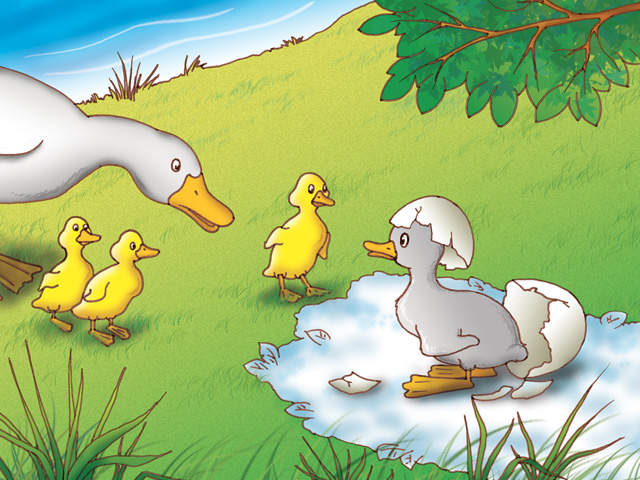
V hovorové angličtině ONE často nahrazuje YOU. Popřípadě lze také použít významově trochu odlišné THEY. Porovnejte:
|
One does crazy things. (more formal, refers to the speaker and others)
|
|
You do crazy things. (less formal, refers to the speaker and others)
|
|
They do crazy things. (refers only to others, not the speaker)
|
One cannot always be right, can one?
| Formálnější: |
One cannot be right.
|
| Hovorovější: |
You can't be right.
|


Pokud mluvíme o lidech obecně, používáme někdy také ONE'S a ONESELF:
|
One must have one's feet planted firmly on the ground.
|
Člověk musí stát oběma nohama pevně na zemi. |
|
One has an obligation to one's family.
|
Člověk má povinnost vůči svojí rodině. |
|
They say travel is good for finding oneself.
|
Říká se, že cestování je dobré pro objevování sebe sama. |
|
It's exhausting having to defend oneself all the time.
|
Je únavné muset se neustále ospravedlňovat. |
One's health is much more important than having lots of money.
| One's health is... |
| People's health is... |


When one looks at oneself, one should not be too critical.
| Formálnější: | When one looks at oneself, one... |
| Hovorovější: | When you look at yourself, you... |


ONE je součástí složenin NO ONE, SOMEONE, ANYONE a EVERYONE:
|
Luckily, no one was injured in the fire.
|
Při požáru se naštěstí nikdo nezranil. |
|
Do you know someone who could show us around the city?
|
Znáš někoho, kdo by nás mohl provést po městě? |
|
You can't share this information with anyone.
|
Tuto informaci nesmíš nikomu sdělit. |
|
Everyone remembers their first kiss.
|
Každý si pamatuje svůj první polibek. |
Více se slovíčkům tohoto typu věnujeme v lekci: Složená neurčitá zájmena a příslovce
Let's put the sign on the door so that no one wakes us up early.
|
no one
|
| noone |

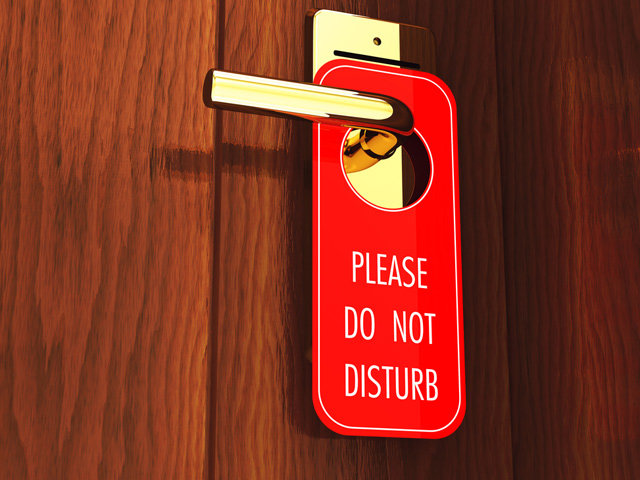
One/ones = zastupuje počitatelné podstatné jméno
Abychom nemuseli opakovat, co už bylo zmíněno nebo je jasné z kontextu, použijeme ONE:
|
Peter's new apartment is bigger than his old one (= apartment).
|
|
This hotel looks much better than the last one (= hotel).
|
|
Let's move to a table over there. This one (= table) is too close to the door.
|
|
My phone broke last week, but I've already bought a new one (= phone).
|
ONE v tomto případě zastupuje podstatné jméno v jednotném čísle. ONE se používá podobně jako podst. jméno – se členy a ukazovacími zájmeny (the, this, that...), s přídavnými jmény (old, new...) apod.
This headset isn't working. Will you bring me another one?
|
another one
|
|
another headset
|


You bought the first round of drinks. I'll pay for the next one.
|
I'll pay for the next one.
|
|
I'll pay for the next round.
|


What movie do you want to watch? – One with a happy ending.
|
One with a happy ending.
|
|
A movie with a happy ending.
|


Neurčitý člen lze před ONE použít, pouze pokud je před ONE další slovíčko:
|
What dress do you want? How about a blue one?
|
|
I don't like this hat. I'll buy a different one.
|
Nikoliv: What about a one?; I'll buy a one.
Would you like a can of coke? – Sure, do you have a chilled one?
|
a chilled one
|
|
a diet one
|
| a one |

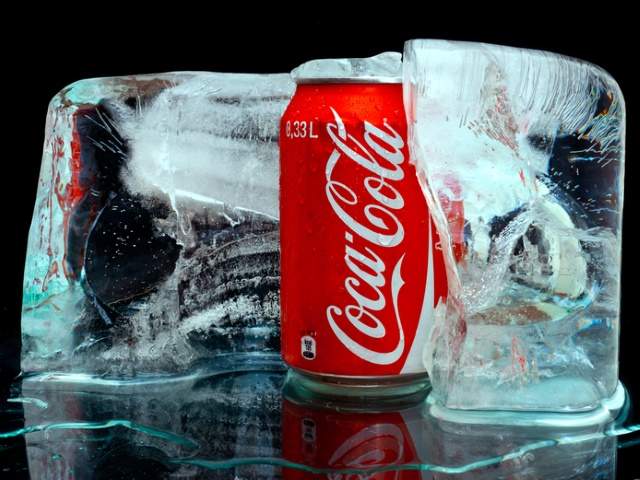
Pro zastoupení podstatného jména v množném čísle použijeme ONES:
|
Do you like pork sausages? – Yes, but I prefer spicier ones (= sausages).
|
|
Australian animals are very different from European ones (= animals).
|
ONES se vždy používá s nějakou doplňující informací (spicier..., European...). Samostatné ONES nelze použít. Neřekli bychom tedy např.: Let's buy ones.
Is it true that yellow cabs have taximeters whereas the other ones often don't?
|
the other ones
|
|
the other cabs
|

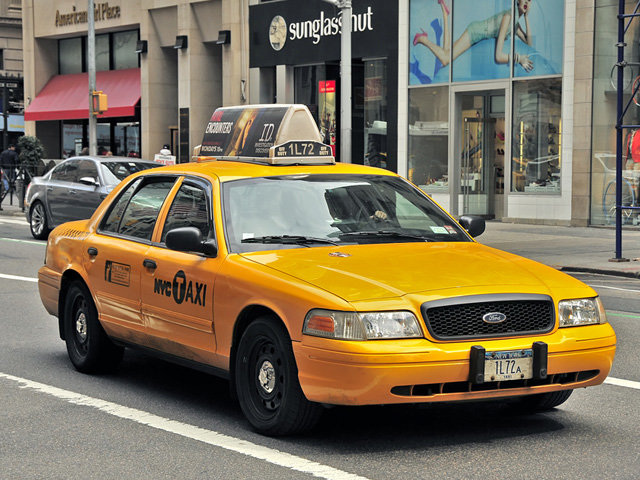
Look at those pretty leather shoes! Maybe I could order some.
|
I could order ones some.
|
|
I could order the red ones.
|
|
I could order the ones on sale.
|


Zástupné ONE/ONES se vztahuje pouze k počitatelnému slovíčku, nikoliv k nepočitatelnému (luggage, money, information...). S nepočitatelným používáme SOME a ANY:
|
If you need a bigger bag, I'll lend you a bigger one. (počitatelné jednotné číslo)
|
|
If you need bigger bags, I'll lend you bigger ones. (počitatelné množné číslo)
|
|
If you need any more luggage, I'll lend you some. (nepočitatelné)
|
Adam asked me to get some paper, but they didn't have any.
| Nepočitatelné: |
|
They didn't have one any.
|
|
They didn't have any paper.
|

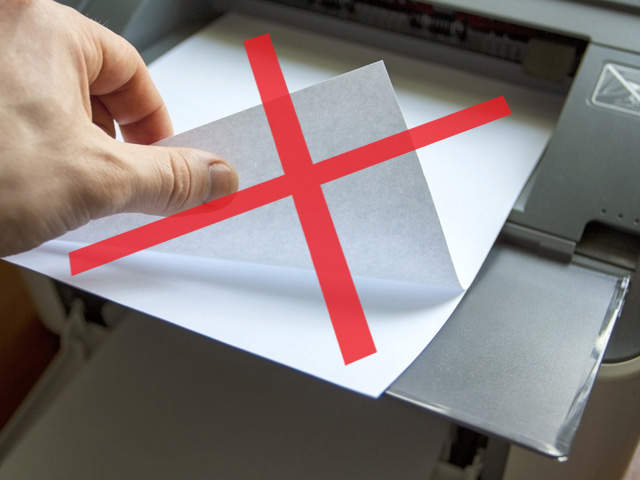
SOME, ANY, BOTH a číslovky nelze postavit přímo před zástupné ONES. Pokud ale před ONES dáme nějaké další slovíčko, lze tyto výrazy použít:
|
I wanted to buy desserts, but they didn't have any. (nikoliv: any ones)
|
|
I wanted to buy some desserts, but they didn't have any vanilla ones.
|
|
If you aren't going to eat your dessert, I will eat both. (nikoliv: both ones)
|
|
If you aren't going to eat your dessert, I will eat both vanilla ones.
|
|
I was meant to buy ten desserts, but I only bought five. (nikoliv: five ones)
|
|
I was meant to buy ten vanilla desserts, but I only bought five vanilla ones.
|
Mr. Fitch owns stamps from many foreign countries. Surprisingly he doesn't have any American ones.
|
any American ones
|
| any ones |

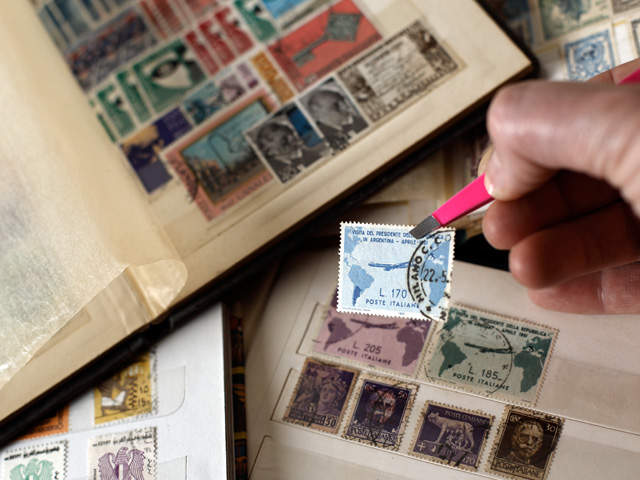
This is definitely the best place to photograph swans, both black ones and white ones.
|
both black ones and white ones
|
| both ones |


One, one's, oneself – nejdůležitější body a tip na závěr:
- ONE (ONE'S, ONESELF) používáme, pokud mluvíme o lidech obecně.
- ONE/ONES může nahradit počitatelné podstat. jméno, které je známé z kontextu.
- Doporučujeme si procvičit ONE, ONE'S, ONESELF... v našich cvičeních.
